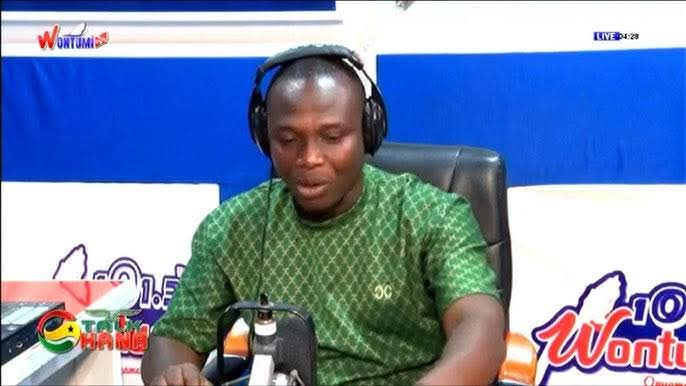Senegal’s government has plunged the country into another cyber blackout, suspending access to mobile internet, less than two weeks after it was restored.
“Due to the dissemination on social networks of several subversive hate messages that have already provoked violent demonstrations, […] mobile internet is suspended this Tuesday February 13,” the Ministry of Communication, Telecommunications and the Digital Economy announced in a press release.
The content of the government’s statement dated February 13, 2024, was certainly not new for many Senegalese citizens, who have experienced repeated internet shutdowns in the past three years. This episode of internet suspension, the second within the month, came with echoes of the previous excuses for restricting the internet, while the real motive is suspected to be a curb on the ability of protest organisers to mobilise.
Senegal has been convulsed by protests and tension since President Macky Sall postponed elections otherwise due on February 25, 2024, a move that prolongs his stay in power beyond the constitutional limit by about a year.
Besides the internet disruption, a protest march planned for the day (February 13) has been prohibited. The organisers of the march have decided to postpone it, in compliance with the ban by the Senegalese authorities, on grounds that the protest would disrupt traffic.
The latest interference with the internet in Senegal comes just as two organisations, Media Defence and Rule of Law Impact Lab of Stanford Law School filed a suit at the ECOWAS Court of Justice to contest the previous shutdowns of June, July and August, 2023.
The Media Foundation for West Africa (MFWA) supports this bold initiative by the two organisations to challenge the impunity over the digital violations in Senegal. We also condemn this impulsive disruption of the internet by the authorities in Senegal which is disturbing, given the pervasive use of social media in modern living.
“In a period of tension when citizens need to connect more and share information to assure themselves about the safety and welfare of their relatives and loved ones, the government has decided to deepen their sense of anxiety with this unfortunate decision,” said Muheeb Saeed, Head of freedom of Expression at the MFWA.
The MFWA calls on the government to reverse its decision. While we recognise the government’s duty to maintain peace and order in Sénégal, we wish to emphasise that this duty must be exercised in a manner that preserves fundamental freedoms of which access to the internet is a key element.






